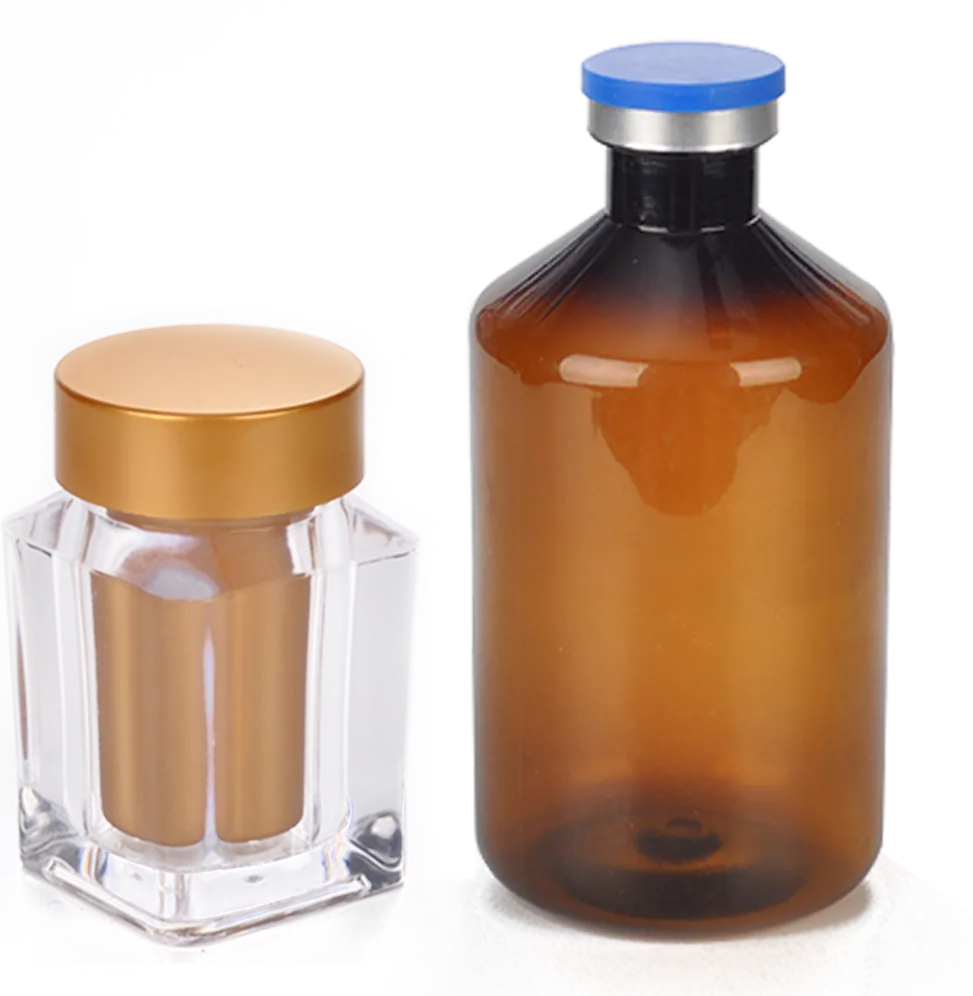plastic vial
The Versatile World of Plastic Vials
In recent years, plastic vials have emerged as an indispensable tool across various industries, including pharmaceuticals, cosmetics, food, and research. These small containers are designed to hold liquids, powders, and other substances, making them remarkably versatile. With their lightweight nature, durability, and resistance to breakage, plastic vials offer many advantages over traditional glass options, making them a popular choice among manufacturers and consumers alike.
Plastic vials are made from a variety of materials, predominantly polyethylene, polypropylene, and polystyrene. Each type of plastic has its unique properties, allowing manufacturers to select the most appropriate option depending on the intended use of the vial. For instance, polyethylene is renowned for its flexibility and chemical resistance, making it ideal for storing various substances, while polypropylene offers higher heat resistance, which is important for applications requiring sterilization.
One of the most significant benefits of plastic vials is their lightweight characteristic. Unlike glass vials, plastic vials reduce transportation costs and the risk of breakage during shipping and handling. This attribute is especially crucial in industries like pharmaceuticals, where the safe transport of medications is vital. Furthermore, the reduction in weight contributes to lower carbon emissions during transportation, aligning with the increasing focus on sustainability across industries.
In addition to being lightweight, plastic vials can be manufactured in a variety of shapes and sizes
. Customization has become a key trend, with companies increasingly requesting vials that are tailored to their specific needs. For instance, child-resistant caps can be incorporated into the design for pharmaceutical products, ensuring safety for households with young children. Additionally, labeling and branding options allow businesses to enhance product visibility on shelves, as a well-designed vial can attract consumers and convey a sense of quality.plastic vial

The use of plastic vials is not limited to commercial applications; they are also commonly used in research settings. In laboratories, plastic vials facilitate the storage and transport of biological samples, reagents, and chemical substances. Their chemical compatibility minimizes the risk of contamination and degradation, making them ideal for critical applications. Furthermore, the transparent nature of certain plastic vials allows researchers to easily identify the contents, preventing potential mix-ups in samples.
Sustainability is a pressing concern across the globe, and the plastic industry has made significant strides toward addressing this issue. Many manufacturers are now producing recyclable plastic vials, which can be repurposed and reused rather than ending up in landfills. Biodegradable plastics are also being developed, providing an eco-friendly alternative that reduces environmental impact. As consumers increasingly favor products that prioritize sustainability, the demand for eco-conscious packaging solutions like plastic vials is on the rise.
Moreover, the ongoing COVID-19 pandemic has highlighted the crucial role of plastic vials in healthcare. With the rapid development and distribution of vaccines, the need for secure and sterile storage solutions has never been more apparent. Plastic vials have been essential for packaging vaccines and other medical supplies, ensuring that they remain uncontaminated and effective throughout the supply chain. The adaptability of these vials has proven invaluable in responding to urgent health crises.
In conclusion, plastic vials have become a staple in numerous industries due to their versatility, durability, and customization options. They provide significant advantages, such as reduced weight for easier transport, diverse design possibilities, and an increasing emphasis on sustainability. As innovations in materials and designs continue to emerge, plastic vials are poised to meet the ever-evolving demands of various sectors while playing a critical role in enhancing safety and stability in product packaging. Whether in a laboratory, pharmacy, or a retail environment, plastic vials are set to remain a crucial component of modern industry for years to come.
-
Aesthetic Makeup Spray Bottles | Fine Mist Empty RefillableNewsAug.19,2025
-
White Plastic Veterinary Vaccine Vials | Lab Liquid BottlesNewsAug.18,2025
-
Plastic Medicine Liquid Bottle: Secure Flip Top Drug VialsNewsAug.17,2025
-
Durable 250ml Blue Plastic Vaccine Vial for Lab & Vet UseNewsAug.16,2025
-
Sterile Virus Sample Tubes: Secure & Reliable Specimen CollectionNewsAug.15,2025
-
White 250ml Plastic Vaccine Vial for Lab & Vet MedicineNewsAug.14,2025
























